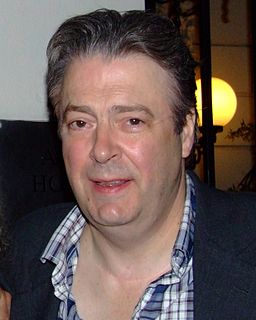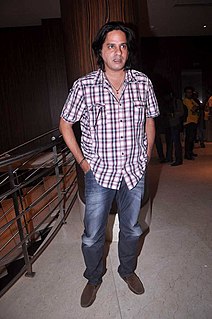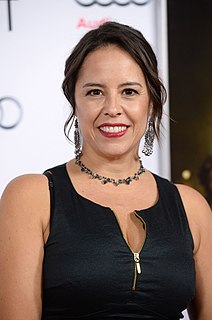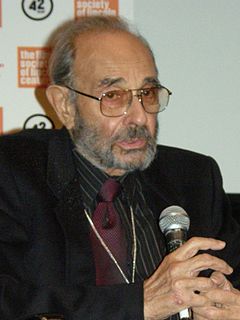A Quote by Roger Allam
It's lovely going to Oxford, it's very difficult to film there as you're doing a period drama in a city which is very crowded.
Related Quotes
We don't understand what photography is doing. We don't understand the power of its rhetoric. We don't understand why the Provoke photographers showed Tokyo city as a ghastly and alien city when it was really going through this period of mega-capitalist growth. It's a very, very, very powerful force, the photograph. People ask me why it has such an ability to captivate us. And I just don't know.
The city is going to survive, we are going to get through it, It's going to be very, very difficult time. I don't think we yet know the pain that we're going to feel when we find out who we lost, but the thing we have to focus on now is getting this city through this, and surviving and being stronger for it.
'Hereditary' is unabashedly a horror film, whereas 'It Comes at Night' was a lot of things: it was a thriller; it was a postapocalyptic drama. It was a slow-building, very dark movie about relationships. 'Hereditary' is also about relationships, and I hope it functions as a vivid family drama, but it is also very much a horror film.



































